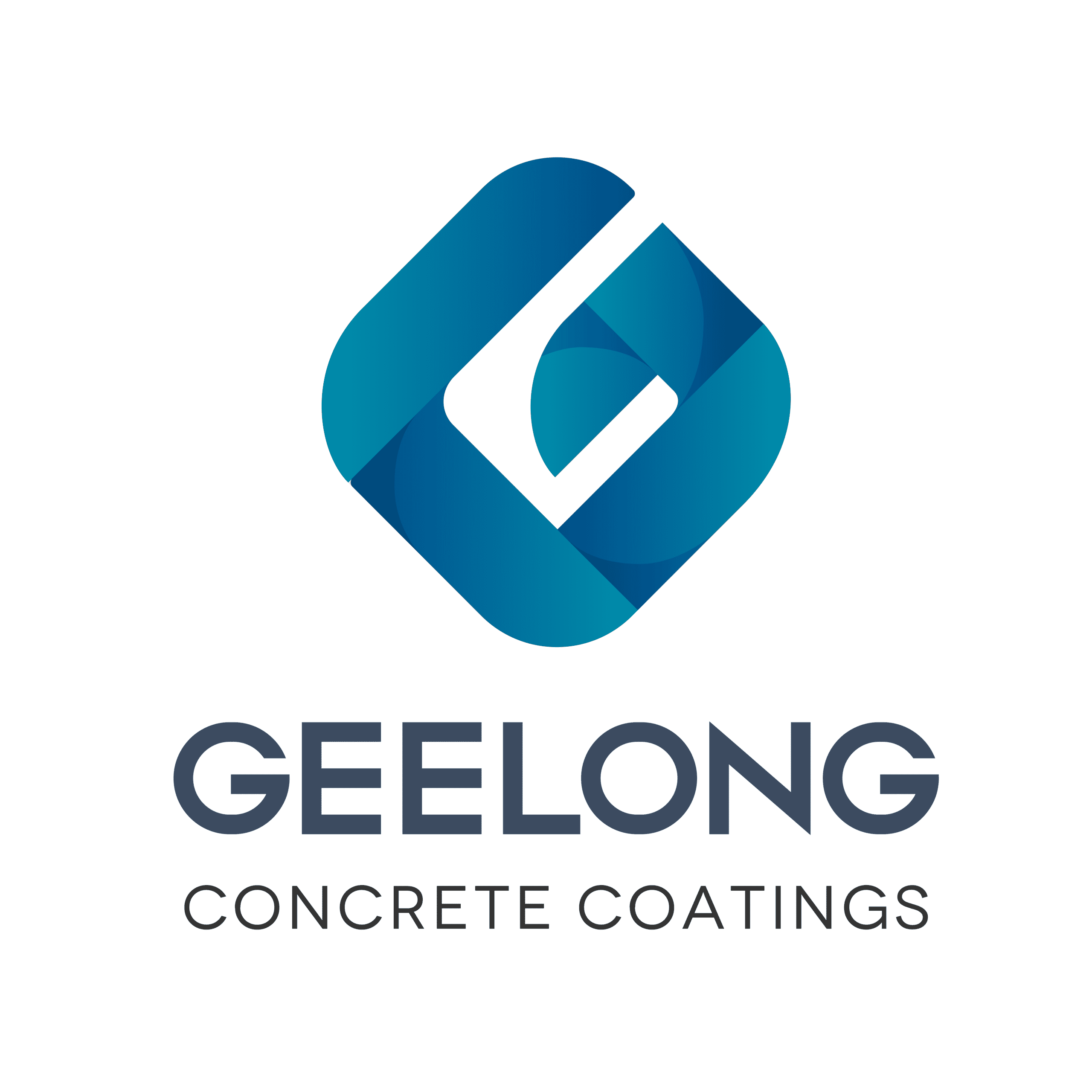Introduction:
In industrial environments, the flooring undergoes immense stress due to heavy equipment, constant foot traffic, chemical spills, and exposure to various harsh elements. Therefore, selecting the right flooring system becomes crucial to ensure durability, safety, and longevity. Epoxy floor coatings have emerged as the ideal solution for industrial settings, providing a wide range of benefits that make them highly suitable for such environments.
1. Superior Durability and Strength:
One of the primary reasons epoxy floor coating is favoured in industrial environments is its exceptional durability and strength. Epoxy is a thermosetting polymer that, when cured, forms a hard and resilient surface. It can withstand heavy machinery, frequent impacts, and abrasion without cracking or deteriorating. This durability ensures that the flooring can handle the demanding conditions present in industrial settings, offering long-term performance.
2. Chemical and Stain Resistance:
Industrial facilities often deal with various chemicals, oils, solvents, and corrosive substances that can damage conventional flooring materials. Epoxy floor coatings are highly resistant to chemicals, making them an excellent choice for industrial environments. The impermeable nature of epoxy prevents liquids and chemicals from penetrating the surface, protecting the underlying concrete and minimizing the risk of contamination. Additionally, epoxy coatings are resistant to stains, which simplifies the cleaning and maintenance process.
3. Enhanced Safety:
Safety is a paramount concern in industrial environments, and it contributes significantly to creating a safer workplace. Epoxy coatings can be customized with slip-resistant additives to improve traction and reduce the risk of slips, trips, and falls. This is particularly crucial in areas prone to spills or where moisture is present. Furthermore, epoxy coatings can be designed with high-visibility markings and colour-coded sections to demarcate safe zones, hazard areas, and walkways, enhancing overall safety and promoting better workflow.
4. Seamless and Easy to Clean:
These coatings create a seamless and smooth surface without any joints or seams where dirt, bacteria, or debris can accumulate. This feature simplifies the cleaning process and reduces maintenance efforts in industrial settings. Regular sweeping and occasional mopping is typically sufficient to keep the epoxy floor clean. The seamless nature of epoxy also makes it resistant to mould and bacteria growth, contributing to a healthier and more hygienic environment.
5. Resistance to Wear and Tear:
Industrial facilities often experience heavy traffic and the movement of heavy equipment. Such conditions can cause wear and tear on conventional flooring materials, leading to cracks, chips, and other forms of damage. Epoxy floor coatings, on the other hand, exhibit excellent resistance to wear and tear. They can withstand the impact of heavy loads, machinery, and constant movement without showing signs of damage. This durability translates into long-term cost savings as the need for frequent repairs or replacements is significantly reduced.
6. High Impact Resistance:
Industrial environments are prone to impacts and heavy loads, which can cause significant damage to the flooring. These coatings are known for their high impact resistance, making them an ideal choice for industries where heavy machinery and equipment are frequently moved around. The tough and resilient nature of epoxy can withstand the weight and force of such equipment, reducing the risk of cracks or fractures in the flooring.
7. Versatility in Design and Customization:
Epoxy floor coatings offer a wide range of design options and customization possibilities, allowing industrial facilities to create a flooring system that suits their specific needs and preferences. These coatings are available in various colours, patterns, and finishes, giving businesses the freedom to choose a design that aligns with their brand identity or safety requirements. Additionally, epoxy coatings can be applied with decorative elements like flakes or metallic pigments to enhance the aesthetic appeal of the space.
8. Fast and Easy Installation:
In busy industrial environments, minimizing downtime is crucial. These coatings offer a fast and easy installation process, reducing the disruption to daily operations. The coatings can be applied quickly, and they cure rapidly, allowing the facility to resume normal activities in a short amount of time. This efficiency in installation saves both time and money for industrial businesses.
9. Resistance to Temperature and Fire:
Certain industrial processes involve high temperatures, and the flooring must be able to withstand such conditions. Epoxy floor coatings have excellent heat resistance, making them suitable for industries where thermal exposure is common. They can handle temperature fluctuations without cracking or warping, ensuring the longevity of the flooring system. Moreover, epoxy coatings also have fire-resistant properties, providing an added layer of safety in case of fire incidents.
10. Environmental Sustainability:
In recent years, there has been a growing emphasis on sustainability and environmentally friendly practices. Epoxy floor coatings align with these principles as they are low in volatile organic compounds (VOCs) and emit minimal odours during installation. Additionally, epoxy coatings can be applied over existing concrete floors, reducing the need for new materials and minimizing waste. This eco-friendly aspect makes them a responsible choice for industrial environments.
Conclusion:
Epoxy floor coatings have proven to be the ideal choice for industrial environments due to their exceptional durability, chemical resistance, enhanced safety features, easy maintenance, and resistance to wear and tear. These coatings offer a reliable and long-lasting flooring solution that can withstand the demanding conditions found in industrial settings. With their ability to improve safety, enhance cleanliness, and reduce maintenance costs, epoxy floor coatings continue to gain popularity as the preferred flooring option for industries worldwide.
